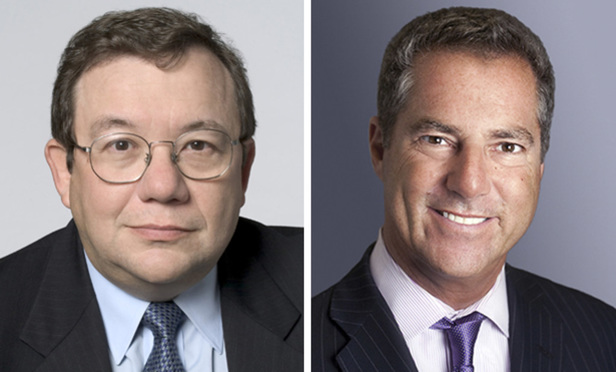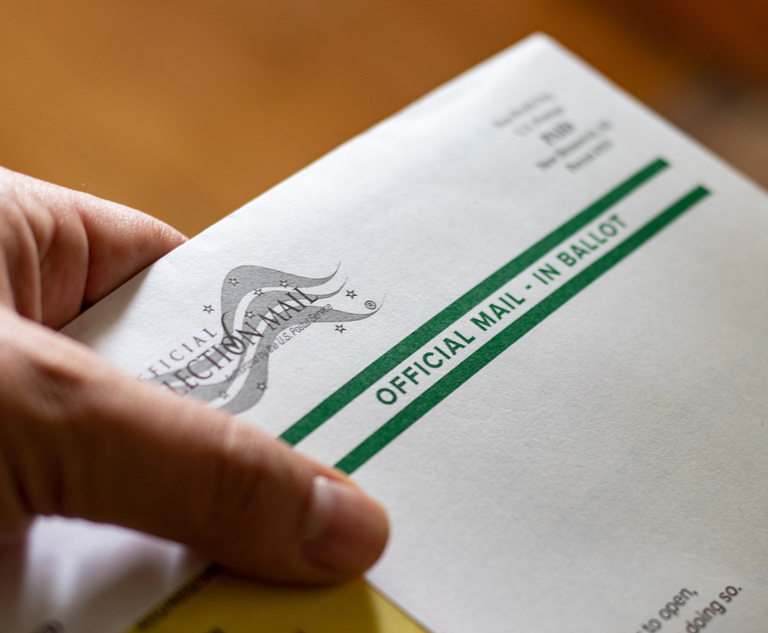In Knight First Amendment Institute v. Trump, 928 F.3d 226 (2d Cir. 2019), the U.S. Court of Appeals for the Second Circuit considered whether President Trump violated the First Amendment when he blocked certain Twitter users from accessing and interacting with the President Donald J. Trump Twitter account (@realDonaldTrump) because he disliked their critical responses to his tweets. In a unanimous opinion, written by U.S. Circuit Judge Barrington D. Parker, and joined by Circuit Judges Peter W. Hall and Christopher F. Droney, the Second Circuit affirmed the district court’s grant of summary judgment in favor of plaintiffs based on stipulated facts. In a narrow opinion, the Second Circuit held that President Trump uses his Twitter account in an official capacity to interact with the public, that the interactive features associated with the President’s account (e.g., replies, likes, and retweets) constitute a designated public forum and, therefore, that President Trump violated the First Amendment when he excluded certain Twitter users from that forum because he disliked the content of their views. Against the backdrop of rising use of social media by both public officials and private citizens, as well as an increased interest in the regulation of social media, the Second Circuit’s application of forum analysis to the President’s Twitter account represents a notable and important extension of First Amendment law in the digital era.
Prior Decisions Applying First Amendment to Social Media
In three recent decisions, the federal appellate courts have begun wading into First Amendment issues posed by the rise of social media. First, in Packingham v. North Carolina, the Supreme Court reviewed whether a state violated the First Amendment when it made it a felony for a convicted sex offender to use social media websites that permit minors to create accounts. 137 S. Ct. 1730 (2017). The court concluded that such a law infringes the Constitution’s guarantee of freedom of speech, because it restricts access altogether to what the court described as “the modern public square.” The court’s opinion noted that the First Amendment protects everyone’s “access to places where they can speak and listen,” and that today “social media in particular” provide important forums for the exchange of views. Id. at 1735. Next, in Davison v. Randall, the Fourth Circuit ruled that a local public official who used a Facebook page to interact and communicate with her constituents acted in a governmental capacity when banning a constituent from the page. 912 F.3d 666 (4th Cir. 2019). Finally, in Robinson v. Hunt County, the Fifth Circuit held that a government official practiced unconstitutional viewpoint discrimination when he banned a constituent from an official government Facebook page. 921 F.3d 440 (5th Cir. 2019).


 Martin Flumenbaum and Brad S. Karp
Martin Flumenbaum and Brad S. Karp




